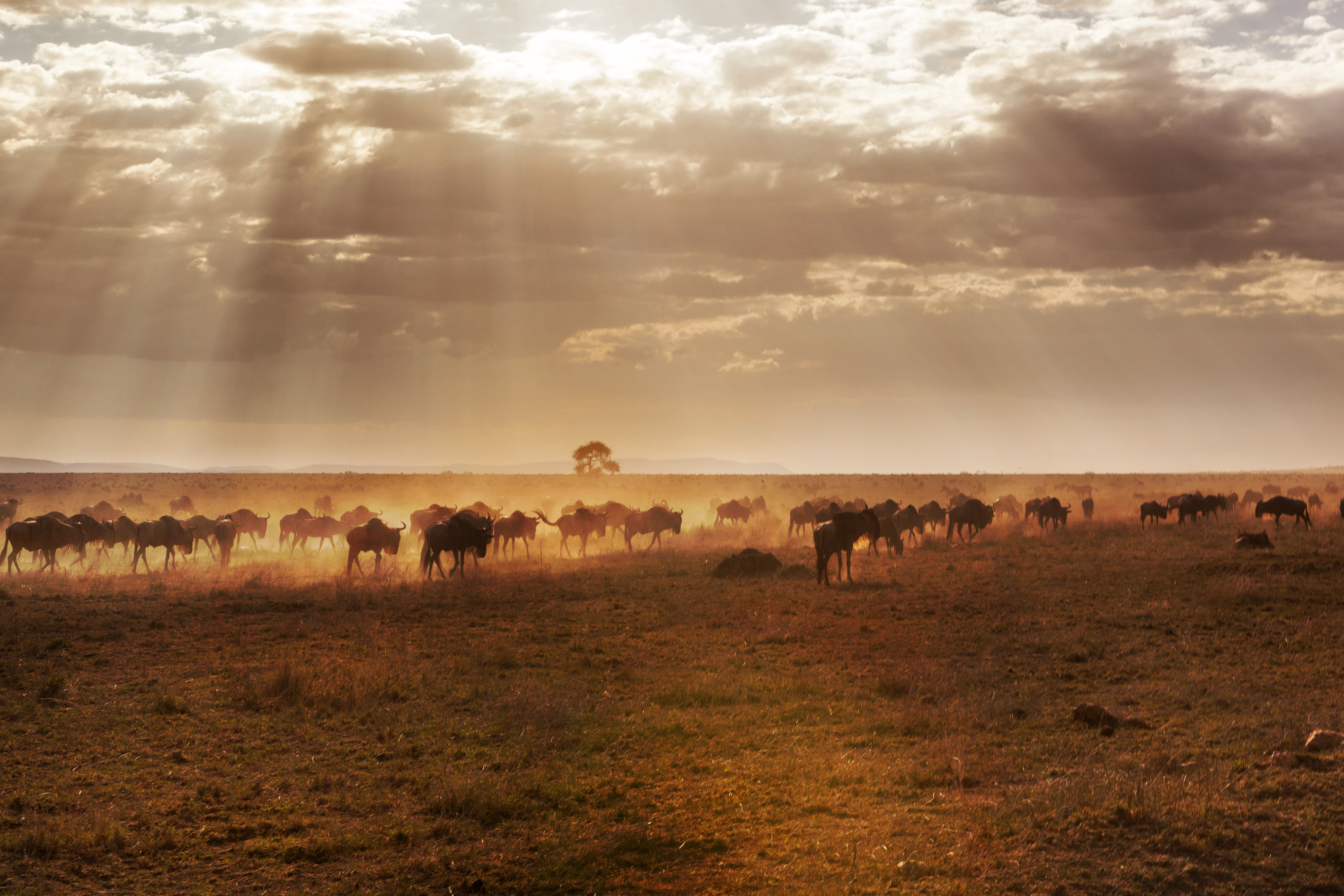Human-wildlife conflict—especially between large carnivores and livestock farmers—is a major global conservation and development challenge. While large carnivores provide vital ecosystem services and economic benefits like tourism, they also inflict devastating losses on rural communities, particularly in low-income countries. In developing regions, the economic impact of a single cow lost to predation can equal more than a year’s income or child nutrition. These financial shocks often trigger retaliatory killings that threaten already vulnerable carnivore populations. The conflict highlights the difficult trade-offs between conservation goals and human welfare. Because over 80% of carnivore ranges lie outside protected areas, solutions must involve communities. Conservation models that include regulated hunting can offer sustainable incentives to protect both people’s livelihoods and predator populations. Recognizing these economic disparities is essential to crafting balanced policies that meet the needs of both wildlife and the communities who live alongside them.

